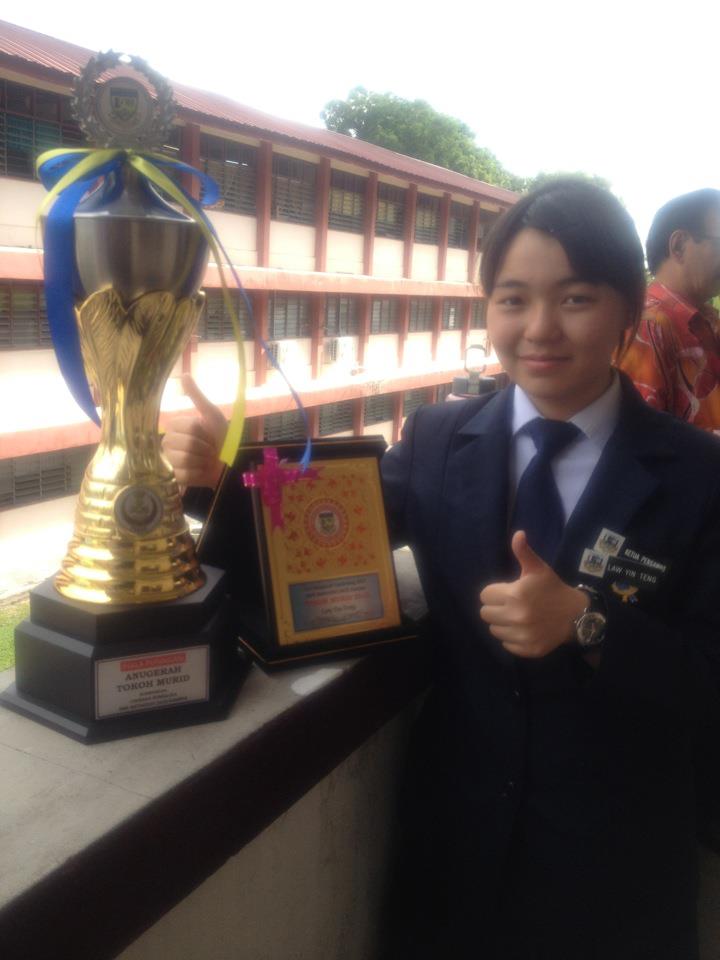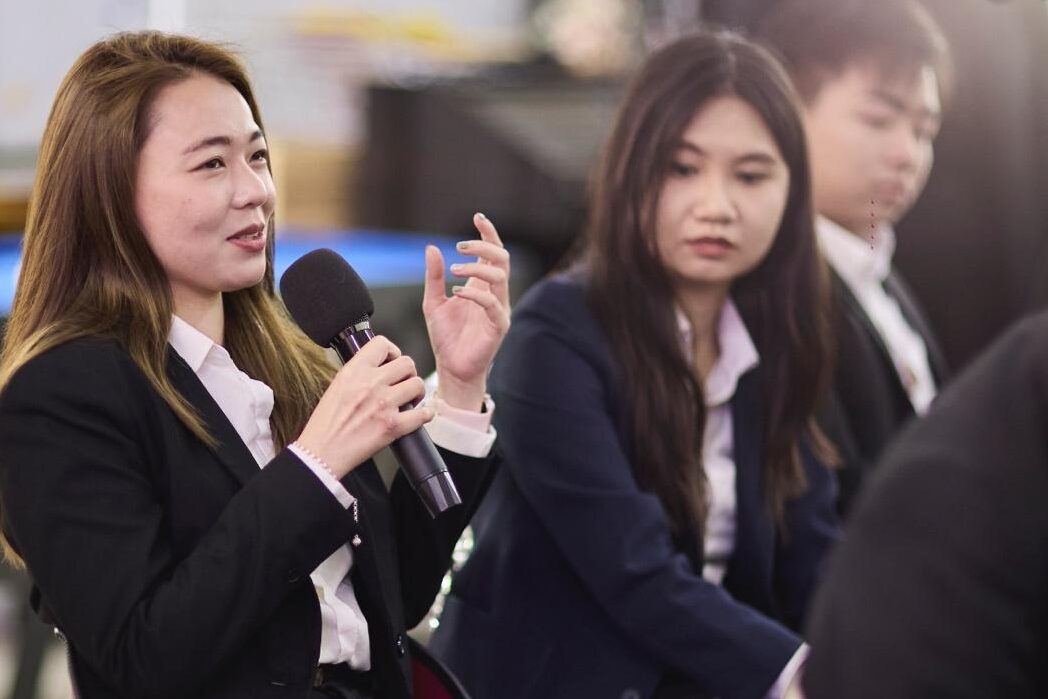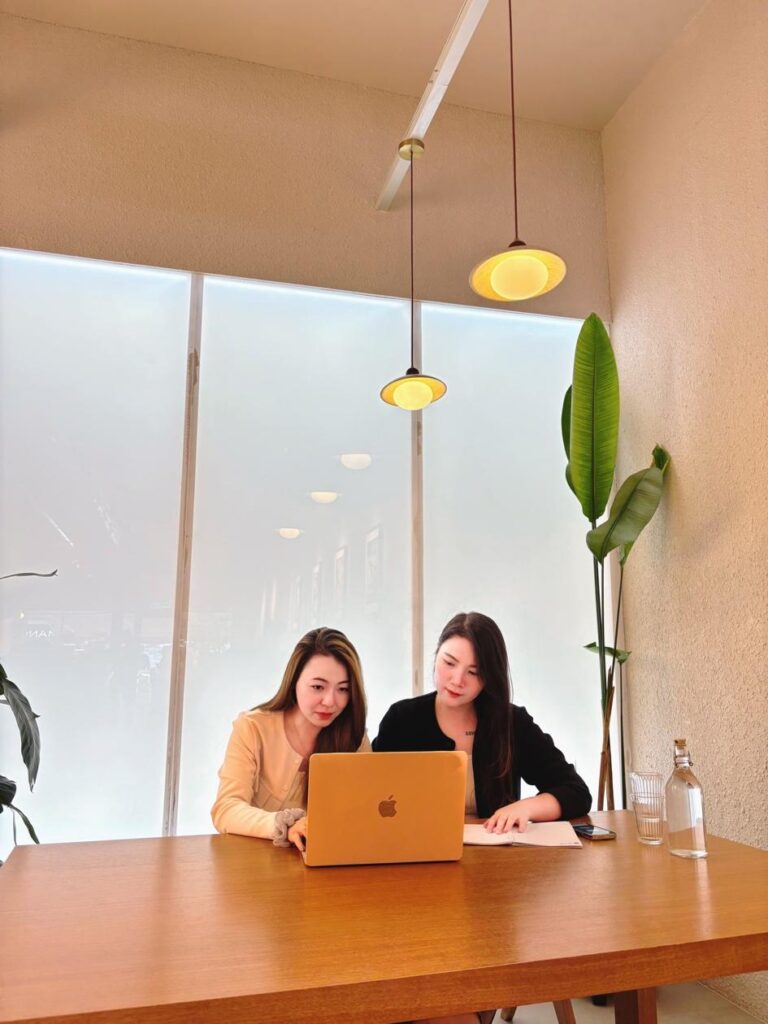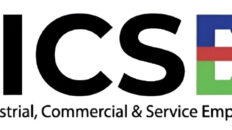“I just wanted to help people not feel so afraid.”
That’s how Ellie Law explained the motivation behind starting her own law firm—a simple yet powerful statement that cuts through the formalities often associated with the legal profession. For many, the law remains a realm of complex language, intimidating institutions, and the fear of making a mistake. But for Ellie, the law is, first and foremost, about people—and how it can be used to protect them before things fall apart.
“I used to wonder, why are people so scared when they receive a letter from the authorities, or when a police car passes by?” she said. “Even my own parents would panic when they got a traffic summons or a government notice. Most of the time, it was something minor or just information, but they didn’t know what to do or who to turn to.”

Growing up in Kampar, Perak, Ellie had little exposure to the profession she would eventually join. But what she did have was a sharp eye for justice and a keen sense of purpose. “I didn’t come from a legal family. I didn’t know any lawyers personally. All I knew was that the people around me needed help understanding the system—and that I wanted to be someone who could offer that help.”
From Small Town Dreams to a City of Purpose
Ellie’s academic journey didn’t begin with law. After completing her A-Levels in science, she initially leaned towards a career in biotechnology. “I liked biology, but I realised I didn’t want to spend my life dealing with atoms—I wanted to deal with people,” she said with a laugh.
It was during this time that she began watching courtroom dramas and political figures who had studied law. “I noticed many influential leaders were lawyers. They could see the world clearly, ask the right questions, and protect people. I wanted that power—not for myself, but to share it.”
She took the bold step of travelling to Kuala Lumpur on her own to explore law schools. “I visited campuses myself. I chose ATC because the lecturers were experienced and focused. I didn’t go with the big-name schools that advertised in cinemas at that time. I chose what felt right.”
After earning her law degree, Ellie pursued the Certificate in Legal Practice (CLP), one of Malaysia’s most challenging legal qualifications, known for its notoriously low pass rates. She completed her pupillage, a nine-month practical legal training programme under a senior lawyer, during which she gained hands-on experience in litigation, conveyancing, and corporate law. But it was her time at the Legal Aid Centre that left the most profound impression.
“They need someone to share their stories with…..”

At the Legal Aid Centre, Ellie met people at their most vulnerable—worried parents whose children had been arrested, small-town residents confused by official letters, and individuals convinced they had no rights because they couldn’t afford legal fees.
“One couple came to me and said, ‘We don’t have money, but we heard maybe a lawyer can help.’ It broke my heart,” she said. “ They thought the law was only for the rich.”
Moments like this changed how Ellie saw her role. She didn’t want to be a lawyer who waited for problems to land on her desk. She hopes to prevent them. “Why should someone only get help after being arrested, or after their business partner fails them? Why not give them the tools to protect and safeguard themselves from the start?”
This led to her philosophy of three stages of lawyering: pre, during, and post. “Pre is where you educate and protect people before problems happen. During is when you solve the issue at hand. Post is where you help them reflect and learn so it doesn’t happen again.”
“….starting a business is like planting a tree from a seed”

Today, Ellie runs her own firm with a partner, focusing on corporate law, startup advisory, and legacy planning. But her approach goes far beyond paperwork and procedures. “For me, starting a business is like planting a tree from a seed,” she explained. “You need to prepare the ground. That means having the right agreements, licenses, compliance structures—everything to help your business grow safely.”
She works with startups, family-run businesses, and scaling SMEs, helping them navigate transitions, define roles, and prevent future conflicts. “We do shareholder agreements, partnership contracts, due diligence, business structuring, even personal wills. Because inside every company are people, and people need protection. Whether it’s safeguarding relationships, planning for growth, or preparing for the unexpected, our role is to make sure both the business and the individuals behind it are secure.”
One area she’s particularly passionate about is legacy planning. “Many founders don’t plan what happens to their shares if they pass away. One day, their wife or children could be pulled into a business they know nothing about. That’s how disputes begin.”
“…Knowledge gives you confidence and choice.“
Ellie sees legal knowledge not just as a service, but as a life skill. “Just like you’re taught to brush your teeth in school, I believe children should be taught about their rights from a young age,” she said. “If you know what the police can or cannot do, or what that letter from the council really means, you’re less likely to feel helpless. Knowledge gives you confidence and choice.”
She’s working on expanding her firm into an ecosystem that includes awareness events, thought leadership articles, and accessible legal education—especially for young people and underserved communities.
“I want to work with people who believe in accessible law—not just profitable law,” she said firmly. “Even if it’s a simple talk, a social media post, or a podcast episode, that knowledge can save someone from being scammed or taken advantage of.”
“You need empathy to solve those problems.“
In an age of artificial intelligence, digital contracts, and automated legal tools, Ellie remains confident that her kind of lawyering is here to stay. “Yes, AI can help you draft something faster. But it can’t read your face. It can’t feel your pain. It can’t look at two fighting business partners and say, ‘Let’s find common ground.’”
She sees lawyering as a deeply emotional profession. “Every dispute has emotions underneath. Behind the contracts and clauses are people with fears, expectations, histories. You need empathy to solve those problems.”
“…choosing someone they trust …”
At its heart, Ellie believes the legal profession must reclaim its human side.
“When people choose a lawyer, they’re not choosing a name on a board. They’re choosing someone they trust to protect their rights, guide them, and sometimes, listen,” she said. “For me, that trust is sacred.”
In the next two years, she hopes to grow her team with people who share her values and expand her educational outreach. She wants to create more platforms for the public to learn about their rights—and to remove the fear that still clings to the legal system.
“We live in a world where you’re at risk from the moment you’re born. If you don’t have a birth certificate, you don’t even exist in the eyes of the law. So the earlier you know your rights, the better.”
Ellie doesn’t see law as just a profession. It’s her calling – to protect the people who need it most.








